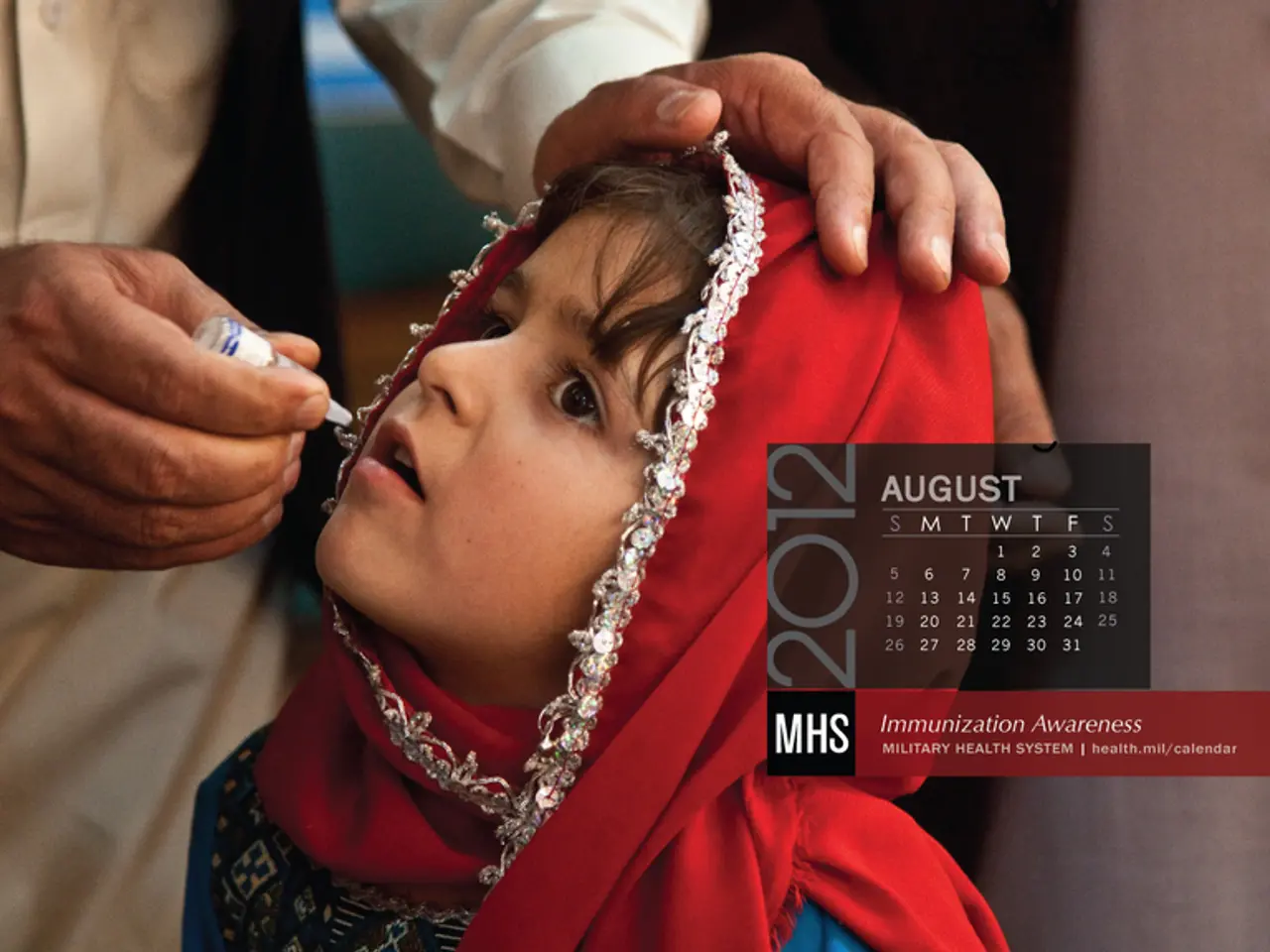Argentina Trial for Historical Justice: Napalpí Massacre of Indigenous People, 98 Years Later
In a significant legal and historical milestone, Argentina's truth trial regarding the Napalpí massacre has come to a close, offering official acknowledgement of state responsibility and condemnation of those involved in the brutal event that took place in 1924.
The Napalpí massacre, which occurred in a small rural town named Napalpí, in the Chaco province, was a dark chapter in Argentina's treatment of indigenous peoples. Indigenous communities, primarily from the Qom and Mocoví communities, were brutally killed by security forces and local authorities during a land and labor dispute.
For nearly a century, the crimes committed during the Napalpí massacre were not acknowledged by the Argentine state. However, in recent years, Argentina has taken judicial steps to confront this historical injustice as part of its wider human rights and truth-seeking efforts.
The truth trial aimed to officially recognize the massacre as a crime against humanity, provide justice for survivors and descendants, and ensure historical memory. The trial culminated in official acknowledgement of state responsibility and condemnation of those involved in the massacre.
Despite the passage of time, few if any perpetrators are alive to be prosecuted. Nonetheless, the trial reinforced the importance of truth, reparations, and respect for indigenous rights. It also contributed to greater public awareness and acknowledgment of indigenous history and rights in Argentina.
The trial is part of Argentina's broader movement towards truth and reconciliation regarding past abuses against marginalized groups. It has empowered indigenous communities to demand recognition, protection, and reparations. The case has been cited as an important example in international human rights discussions related to indigenous peoples.
The trial's outcomes include official public recognition of the state's responsibility, the integration of the massacre into school curricula, the broadcast of the trial on national television, and the Congress to define a national commemoration date, implement a "historical reparations" plan for the victims' families, and strengthen the protection of indigenous populations.
Other hearings will take place in May, which are open to the public and will be live-streamed on YouTube. These hearings will feature testimonies from survivors such as the late Melitona Enrique and Rosa Grilo, who is possibly over 114 years old, making her the last known survivor of the massacre.
This landmark trial is a significant step towards justice and reconciliation in Argentina, shedding light on a dark chapter in the country's history and paving the way for a more inclusive and respectful future.
- The Napalpí massacre, a dark chapter in Argentina's history, was a tragic event involving the brutal killing of indigenous communities by security forces and local authorities during a land and labor dispute, which was not acknowledged by the Argentine state for nearly a century.
- In the realm of politics, the Napalpí truth trial served as a significant milestone for Argentina, not only offering official acknowledgement of state responsibility and condemnation of those involved, but also contributing to greater public awareness and acknowledgement of indigenous history and rights in Argentina, and paving the way for a more inclusive and respectful future.







